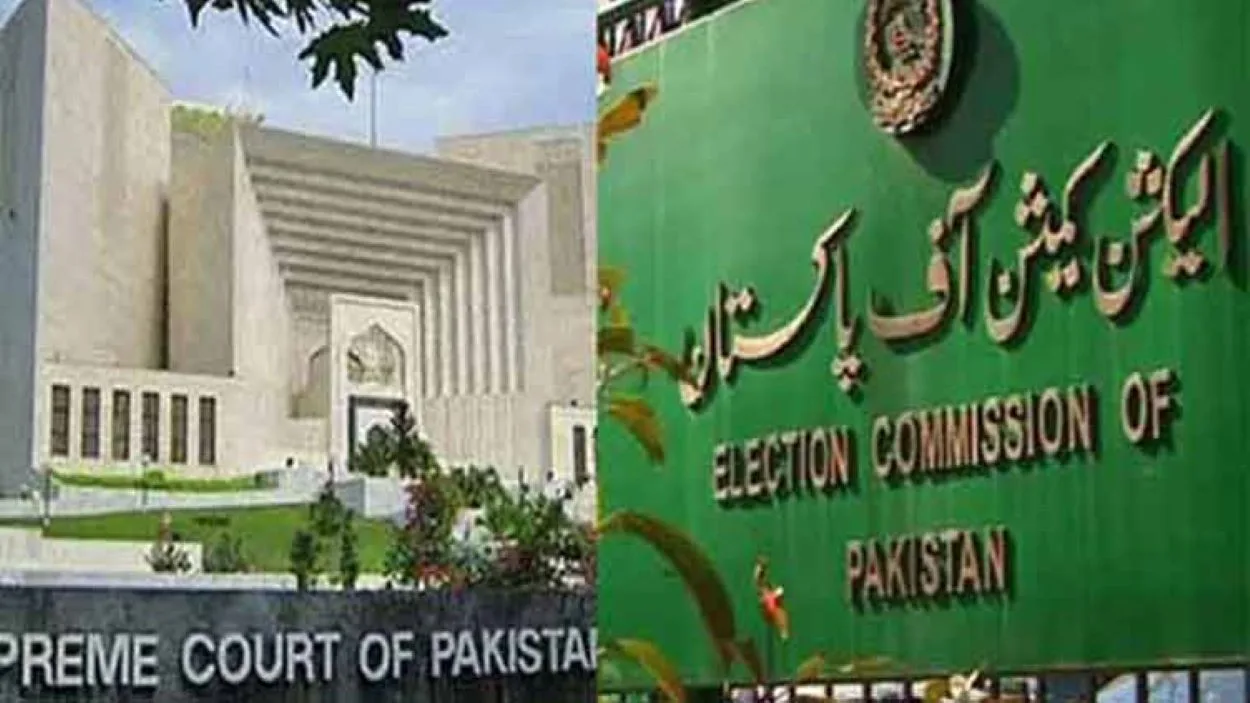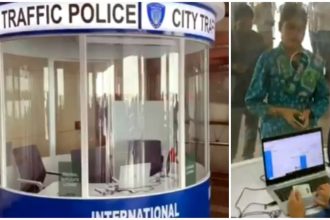Following the Supreme Court’s directive, the Election Commission of Pakistan (ECP) has made crucial determinations regarding the Tehreek-e-Labbaik Pakistan (TLP). The commission’s findings come amidst widespread controversy and numerous petitions challenging a critical 2019 verdict related to the Faizabad sit-in.
In its detailed report, the ECP clarified its position on the allegations against the TLP. Contrary to the charges of terrorism, the commission’s findings highlighted, “As per records, respondent no.3 [TLP] is not involved in any form of terrorist activity and is not proscribed.” This statement was a clear indication that the ECP found no substantial evidence linking the party to any anti-state actions, leading to the disposition of the case.
The announcement marked a pivotal turn in the ongoing hearings regarding the TLP’s activities during the 2017 Faizabad sit-in against the PML-N government. The Supreme Court had previously voiced frustration over the non-implementation of its orders and sought comprehensive written responses from all involved parties.
Supreme Court’s Stance on Withdrawn Petitions
The course of the hearings took an unexpected turn when multiple petitioners, including prominent government bodies and political figures, chose to retract their review petitions. This collective step back prompted Chief Justice Qazi Faez Isa to question the petitioners’ resolve openly, emphasizing the opportunity to align with the truth.
Amidst the unfolding legal drama, the ECP’s report spotlighted the TLP’s financial aspects. It underscored that the party’s funding sources had undergone meticulous scrutiny, with no evidence to suggest any foreign funding or financial irregularities. The seemingly nominal amount flagged did not warrant concern, according to the commission.
As the case garners widespread attention, the Supreme Court’s three-member bench, led by Chief Justice Isa, is set to continue the hearing on November 1. The upcoming sessions promise further deliberations on the intricate legal and political nuances surrounding the TLP, which remains a focal point in Pakistan’s socio-political landscape.






